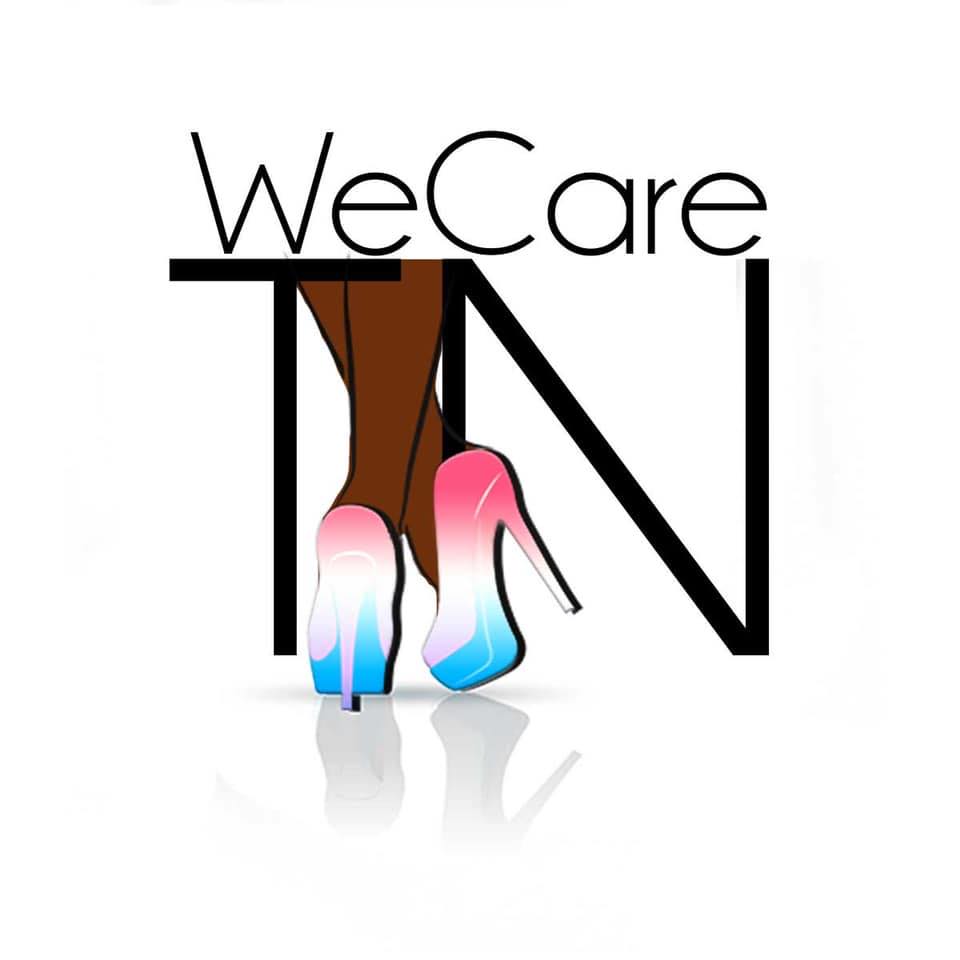Black trans women and girls of color in Memphis will get better access to HIV education and prevention services thanks to a new grant for WeCareTN.
The money is part of a $10 million grant from Gilead Sciences for 19 organizations, including Memphis-based WeCareTN. The funds will help “increase HIV prevention and education efforts for cis- and transgender Black women and girls,” through the company’s new Setting the P.A.C.E. (prevention, arts and advocacy, community, education) initiative.
“Black women and girls continue to be disproportionately impacted by the HIV epidemic in the United States,” Gilead said in a statement. “Black women aged 16 and older account for 54 percent of new HIV diagnoses, but only 14 percent of the female population. Furthermore, Black transgender women have the highest national rates of new HIV diagnoses, and are more likely to go undiagnosed and untreated in comparison to their peers.”
WeCareTN “supports trans women of color through education and empowerment.” They host a jobs readiness program, a life skills program, and lead HIV preventions programs for sex workers. They’ll use the new funds to focus on HIV/ HCV (hepatitis C virus) prevention and education, outreach and partnerships, testing and helping people find the correct care care. The organization is also seeking to form “equitable and inclusive” relationships with community partners.
“We hope to address any barriers to care and resources as it relates to HIV/ HCV stigma, transphobia, and/or cultural insensitivity,” WeCareTN said in a statement. “We hope to link services and resources to community members and organizations that can help address housing, employment, gender-affirming care, HIV prevention, and harm reduction to name a few focus areas.”
Jakiera Stewart, director of operations for WeCareTN, said a lot of HIV prevention and education practices have focused on homosexual men, which excludes other minority populations, like women and girls.
“In the past few years folks have been amplifying how they are affected by HIV and how strategies leave certain communities in the gap,” Stewart said. “Just sitting at the table and being able to strategize with folks who are directly impacted is important to strategy.”
One of the ways that WeCareTN practices this is through their program Transformation, an eight-week program for Black trans women that focuses on HIV prevention, stigma, mental health, and personal development.
“Transformation targets Black transgender women that use drugs, utilize black market medicine/ hormone therapy, and/or engage in sex work,” a WeCareTN official said. “[We] host a series of [virtual] conversations … and weekly meetings such as ‘Survival Sex Work’ and ‘Hustle Economics’ to name a few specific topics.”
The organization said it’s important to have these tough and sometimes stigmatized conversations because it aids in harm reduction. Stewart said it can be difficult for people who are affected by the virus to meet with others to brainstorm and connect with other communities to change the narrative leading to these groups being alienated. However, when accomplished, it proves to be an effective strategy, Stewart said.
With Gilead’s funding, Stewart said they will be able to lead out of a “place of survival.” She hopes that other organizations will follow the precedent that Gilead has set by helping leaders bring more resources to the South.
“I think it’s time for the South to catch up,” said Stewart. “There are great strategies that work [in the South], they’re just not funded or they don’t have the resources to strategize on a grand level. A lot of organizations in the south are grassroots organizations, but their strategies work. They just don’t have the resources to scale those strategies out.”
